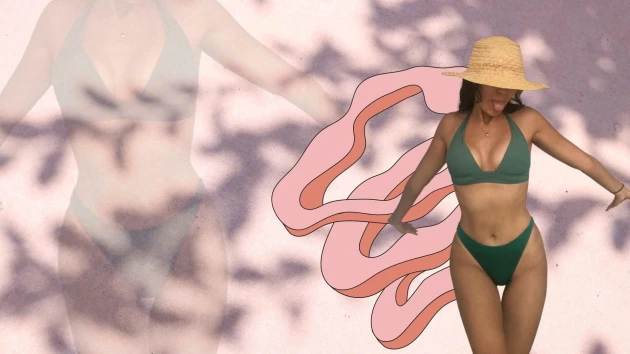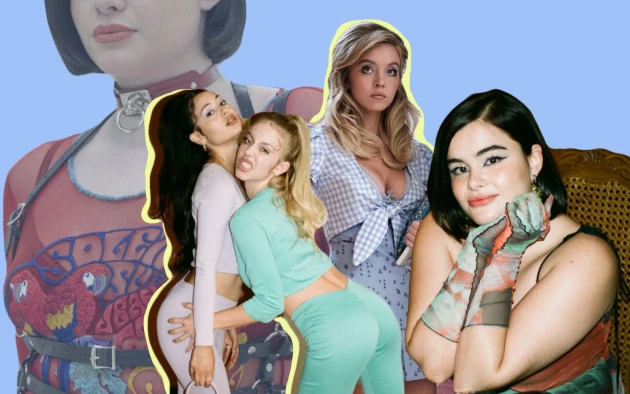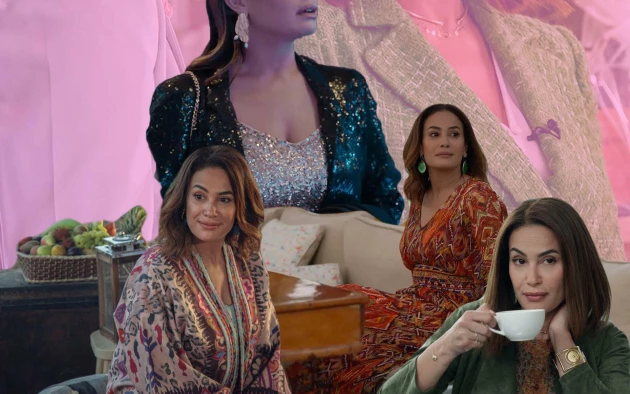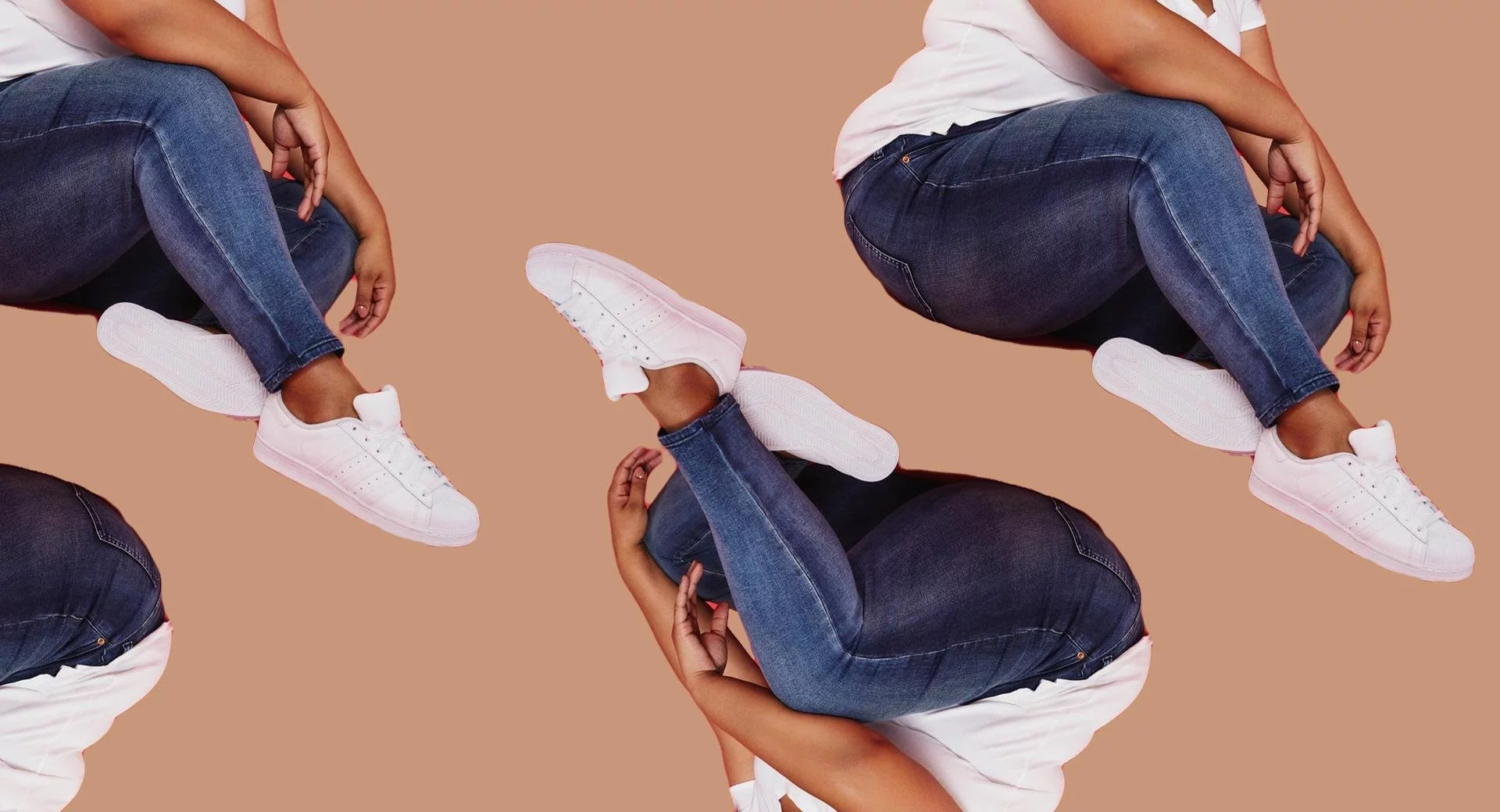
We celebrate the difference
Fashion and +Size : How's it like for plus-sized Tunisian young women
7 min read — May 03, 2021
In recent times, we hear a lot more about Curvy, plus-sized women in the fashion and the beauty industry. We're noticing more fashion icons rising, and breaking society’s beauty standards while shedding light on social difficulties that people who do not fight in the social beauty norms, face.
In Tunisian society, being a confident plus-sized woman, embracing her body, and choosing to wear whatever she wants, is something that is still foreign to the Tunisian mentality. You tend to get more attention when you’re an +sized person walking on the street. You will probably be getting unusual looks, you might be called a few names and experiencing some sort of bullying or mockery, at a certain point in your life if not all the time.
But why is that still happening in 2021?
We needed to know how this generation's young Tunisian plus-sized women feel growing up in the Tunisian society and what their relationship with fashion is like. For that reason, we decided to interview three plus-sized women, Ines, Yasmine & Islem, who share and have in common not only their love for fashion but also some of the challenges young women with special body types go through.
Can you tell us where do you see plus-sized women positioned in the fashion industry?
Ines (23 Years Old, Environment & Urbanism Student ) :
During my first year in college, I joined Instagram and I discovered a whole other world that inspired me to be a confident woman who loves and embraces all of her curves. I never thought that I would be finding influencing, confident curvy women who are totally owning and embracing their bodies and getting themselves out unapologetically. The first plus-size model I got to know is Ashley Graham. Since then, I started noticing how many curvy women who had their own position in the fashion industry, were living their best lives and dressing up as they pleased, wearing whatever feels like wearing without any restrictions. And that's how my body image gradually changed. It all turned from being a negative obstacle in my life to becoming part of my uniqueness and what made me special.
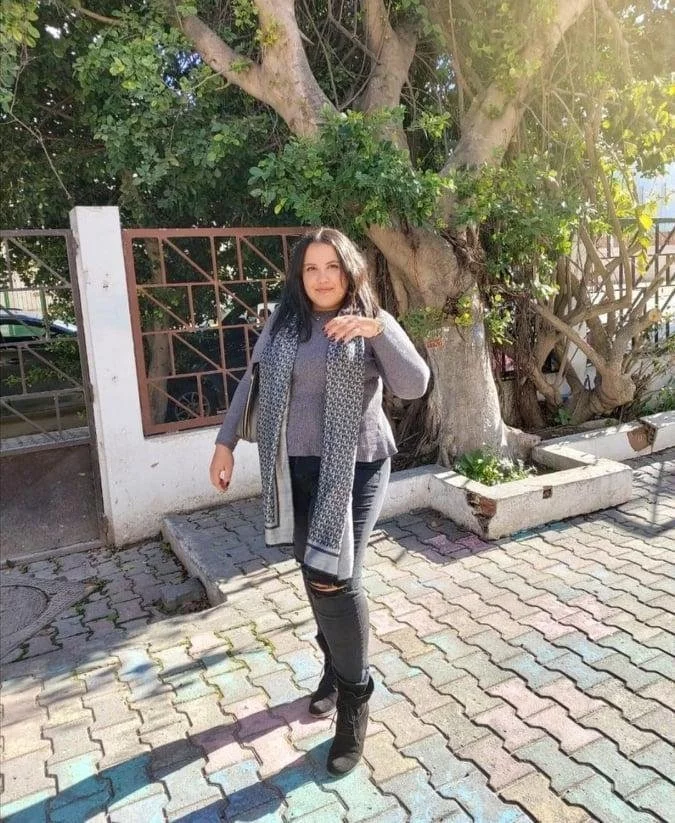 Ines
Ines Yasmine (20 Years Old, Fashion student) :
I think we can’t compare the situation to ten years ago, the fashion industry has developed, and plus-size women are more included. You can definitely notice plus-size women such as Ashley Graham and a lot more of them. But although they’re getting more included in the fashion industry, it’s still a social cause that a lot of people are fighting for because they’re not really included or equally presented as skinny models.
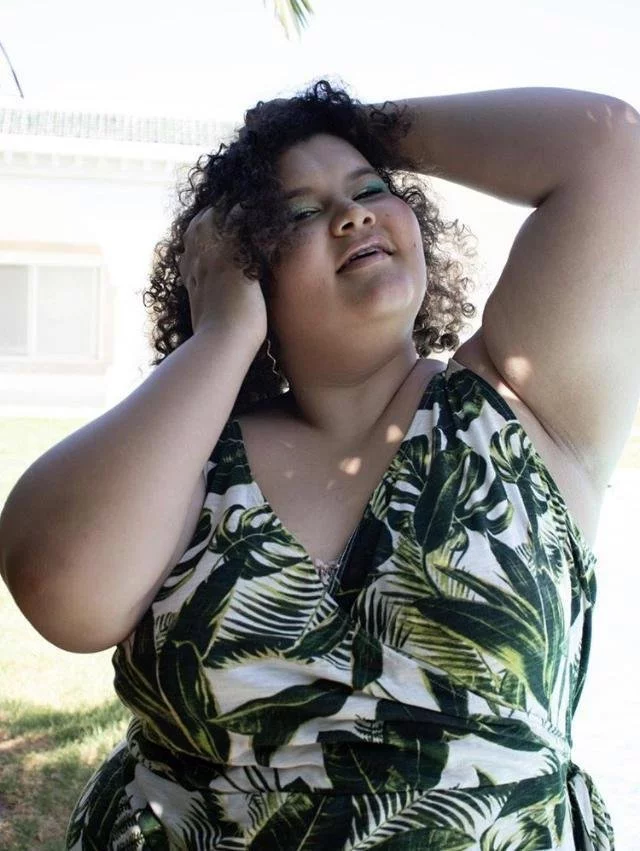 Yasmine
Yasmine Islem (21 Years Old, Business Student) :
I started to believe that oversized women are seen as models and we started to see oversized women ( highlighted in the fashion industry ) only recently and it is highly supported by people. But it still needs to be improved since not all brands have clothes for plus size women. Because not all brands are normalizing being oversized or being more than a size 0. It would be great if we were present in all fashion brands and that each brand would have at least a model or two that is plus sized.
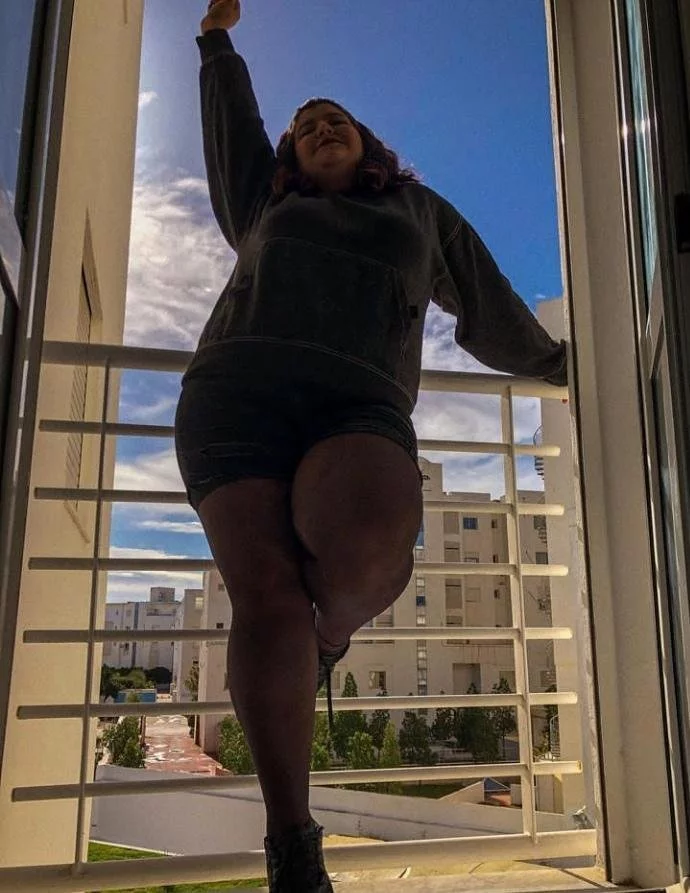 Islem
Islem Tell us more about your experience with fashion as a plus-sized woman.
Islem : Basically I could buy clothes I wanted to wear only if I traveled or if I ordered it from another country because I think there is only one brand that sells beautiful clothes for plus size teenagers/women ( in Tunisia ) . And it feels like we as teenagers don’t really have the right to be oversized. And you can see that through our local brands and the sizes they got.
I really do have my own style and I usually enjoy wearing trendy clothes and experimenting with different looks. People started to perceive me as an unapologetic fashionista and it made me feel good about myself that I was able to wear everything I wanted while not really caring about what other people thought.
Ines: At a certain point in my life, when I was younger, I didn't really feel comfortable with my body. A few years back in Tunisia there were not a lot of clothing choices for plus-sized women. Even when my mom used to buy me clothes, they seemed more suitable for older people, style-wise, which made me look older than my age. When I started buying my own clothes, I didn't find many choices and I didn't find my size for the biggest sizes are mostly 38-40(EU). Luckily, I started going thrift shopping! It was of course much cheaper than fast fashion brands but it was also easier for me to find my size and my style. Fripe is Hayeti!
However I noticed lately the rising of some brands who specialized in plus size women . And it kept me wondering, why are there no brands in Tunisia for curvy women or at least inclusive enough? Why has no one thought about creating a plus-size brand? that includes all trends and for youngsters. Because it feels like youngsters that are oversized are excluded from fashion.
Yasmine: I have always been in Fashion. I decided to pursue my career in fashion and I feel that it was a challenge to me. Because I remember how years back I used to be crying in the fitting room because nothing would fit me and that definitely made me feel that fat people are excluded from the fashion industry.
The reason why I’m doing this is because I wanted to work on this inclusion whether of plus size people, people with Handicap or LGBTQ+.
Were you the subject of body-shaming during your experience in fashion?
Ines: Close family members used to shame me when I was young. They didn’t really mean anything bad but it made me feel uncomfortable mostly when I wore a dress or more revealing clothes.
People from outside my circle, I didn’t really care about their opinion. And after I gained confidence in my body, I started caring less about people’s opinions as long as I was wearing things I like.
Yasmine: I haven’t got a real experience in fashion as the only time I modeled was with Rock your runway and we were 100% included and made us feel comfortable with our bodies, welcome and we were accepted as we were. I did feel excluded from society standards in a way I was fat-shamed as I was called names such as “Big Mama” Whale”
Islem: I experience body shaming almost everyday whether from the jokes of my friends or from sneaky comments that some family members made; there is a lot of body shaming. I used to normalize it and thought it was okay but then I understood that it was not at all okay/ acceptable. And it hurt me and affected me a lot. The last time I got body shamed was three days ago; while I was walking in La Marsa a woman was yelling from her car so I could hear and said that I would be much more beautiful if I went to the gym. That hurt me because it was from someone who didn’t know me, my story, and how much I endured due to Fat Phobia.
I am a confident person but sometimes it affects me deeply and can be pretty hurtful.
How do you believe the positioning of oversized women in the fashion industry can be changed?
Ines: I think it depends on the region. Center regions in Tunisia are more traditional and still accept curvy and plus-sized women. But in Tunis, people still body shame others and call them names such as “you’re an elephant” or “you’re fat”. But I think when the norms of beauty started to change, the mentality of people started to change and curvy bodies are more and more normalized.
Yasmine: People will be telling you today that we are included in today's fashion industry just by creating clothes for plus-sized women or using them as part of their campaigns to promote their products. But I think this is not really a solution, since what should be changed first is people’s mentality and their way of perceiving plus-sized women. And I think we should urgently start working on that.
Islem: The positioning of plus-sized women is already changing. Because we’re seeing more and more plus-sized models and brands that are promoting diversity and normalizing over-sized but it might take more time to educate about diversity and how being +sized does not technically mean that the person is unhealthy or eats a lot. Because I believe that the way we look is a personal choice if a person likes their appearance they would accept and if not they would strive to be better.
